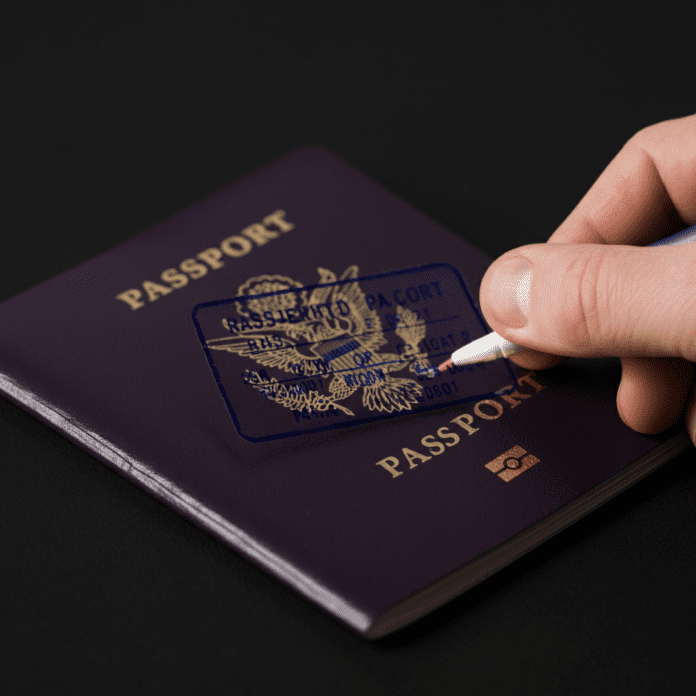The Kenyan government is making a play for the growing digital nomad market with a brand new work permit specifically designed for remote workers. The Ministry of Interior and National Administration recently announced the introduction of the “Class N – Digital Nomad” permit, a significant change to the Kenya Citizenship and Immigration Regulations, 2012. This exciting development, effective October 1, 2024, removes a major hurdle for expatriates seeking to live and work remotely in Kenya.
Previously, obtaining a Kenyan work permit required a local employer sponsor. This new regulation, as outlined in the Kenya Citizenship and Immigration (Amendment) Regulations, 2024, eliminates this requirement, opening doors for individuals working for companies based outside of Kenya.
What you need to apply:
The application process for the Class N permit requires the following:
- Valid National Passport: Your passport must be current and valid.
- Proof of Remote Work: Documentation demonstrating your employment with a non-Kenyan company and your remote work arrangement.
- Assured Annual Income: Applicants must demonstrate an annual income of at least $55,000 from sources outside of Kenya.
- Proof of Accommodation: Evidence of secured housing in Kenya.
- Clean Criminal Record: A certificate of good conduct from your country of habitual residence.
It’s important to note that while this permit allows you to live and work remotely in Kenya, you cannot engage in any employment or income-generating activities for companies registered within Kenya.
Get ready for the festive season with equity’s flexible digital savings solutions!
Economic Boost for Kenya:
Professional services firm PwC has lauded this move as a positive step towards attracting global talent and boosting Kenya’s economy. They predict a positive impact on several sectors, including:
- Tourism: Longer stays by digital nomads, often accompanied by family and friends, are expected to inject more money into the tourism sector and local economies, particularly in popular tourist destinations.
-
Real Estate: Increased demand for rentals and co-working spaces is anticipated, stimulating growth in the real estate market.
Challenges and Future Outlook:
While the introduction of the Class N permit is a welcome development, PwC notes some crucial missing details. The current regulations don’t specify the cost of the permit or its duration, making it difficult for potential applicants to compare it with other visa options. For the permit to truly succeed and attract digital nomads, PwC suggests shorter processing times, a longer validity period, and lower fees compared to a standard visitor visa.
The Kenyan government’s move to embrace digital nomads is a promising sign. As more details emerge regarding costs and processing times, the Class N permit has the potential to position Kenya as a prime destination for remote workers seeking a vibrant and welcoming environment. We will continue to monitor developments and provide updates as they become available.









